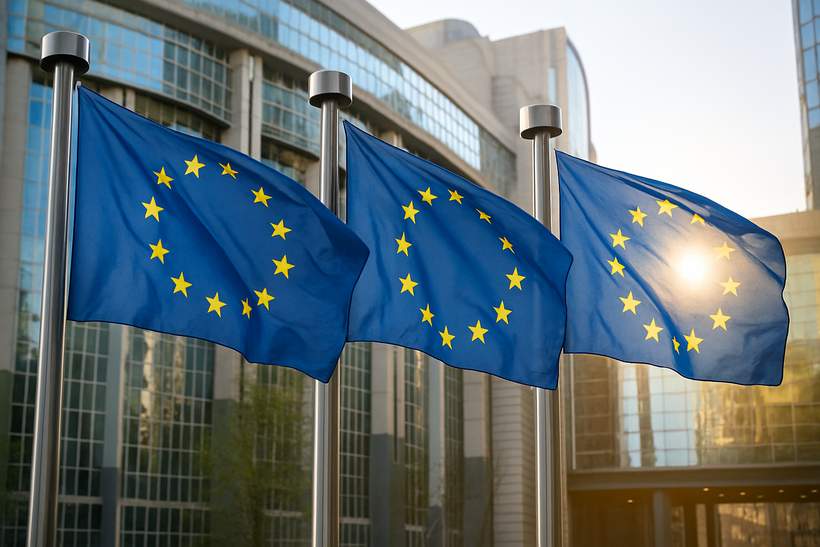European Commission Supports EGBA in Netherlands State Aid Dispute

Background: Netherlands License Extensions and EGBA Complaint
The European Gaming and Betting Association (EGBA), which represents the regulated gaming sector from its base in Brussels, recently announced a significant decision by the European Commission in relation to a state aid dispute with the Netherlands. The dispute arose after the Netherlands extended monopoly licenses without following a competitive tendering process.
Events Leading to the Dispute
In 2014, the Dutch government renewed several monopoly licenses for betting and lottery operators under a previous licensing framework. This extension was granted without conducting an open, competitive tender process. Due to this, the EGBA filed a formal complaint with the European Commission in 2016, claiming that the Netherlands breached the European Union’s state aid regulations.
Initially, the European Commission closed the complaint four years later without launching a detailed investigation, stating that no state aid had been granted. Unsatisfied with this outcome, the EGBA took the case to the Court of Justice of the European Union (CJEU) in 2021, arguing that the Netherlands had indeed violated state aid rules.
Court Rulings and Latest Developments
In 2023, the EU General Court sided with the EGBA by annulling the Commission’s earlier decision, highlighting that the Commission had not properly examined the allegations. Later that year, the Netherlands appealed against this ruling, aiming to overturn it. However, the most recent update confirms that this appeal has been rejected.
Significance of the CJEU Decision According to EGBA
The EGBA has welcomed the Court’s decision, emphasizing that it affirms the European Commission’s obligation to thoroughly review all aspects of state aid complaints before reaching conclusions. The Court’s ruling pointed out that although it did not determine whether the Netherlands violated state aid laws, the Commission should have conducted a full investigation instead of dismissing the complaint prematurely.
Maarten Haijer, the Secretary General of EGBA, described the ruling as a “clear victory for the proper enforcement of EU law.” He underlined that the Court supported EGBA’s position that the European Commission must avoid shortcuts and ensure all complaints receive careful consideration.
While this case dates back to 2014, it remains relevant today. It demonstrates that the Commission must fulfil its responsibilities as guardian of the Treaties – and that there are consequences when it fails to do so.
Maarten Haijer, Secretary General, EGBA
Implications for Licensing and State Aid Investigations
Haijer stressed that EU member states are required to conduct license allocations through transparent, fair, and competitive procedures. Following the court’s decision, the European Commission is now anticipated to initiate a formal state aid investigation to determine whether the Netherlands’ license renewals constituted unlawful use of state funds.